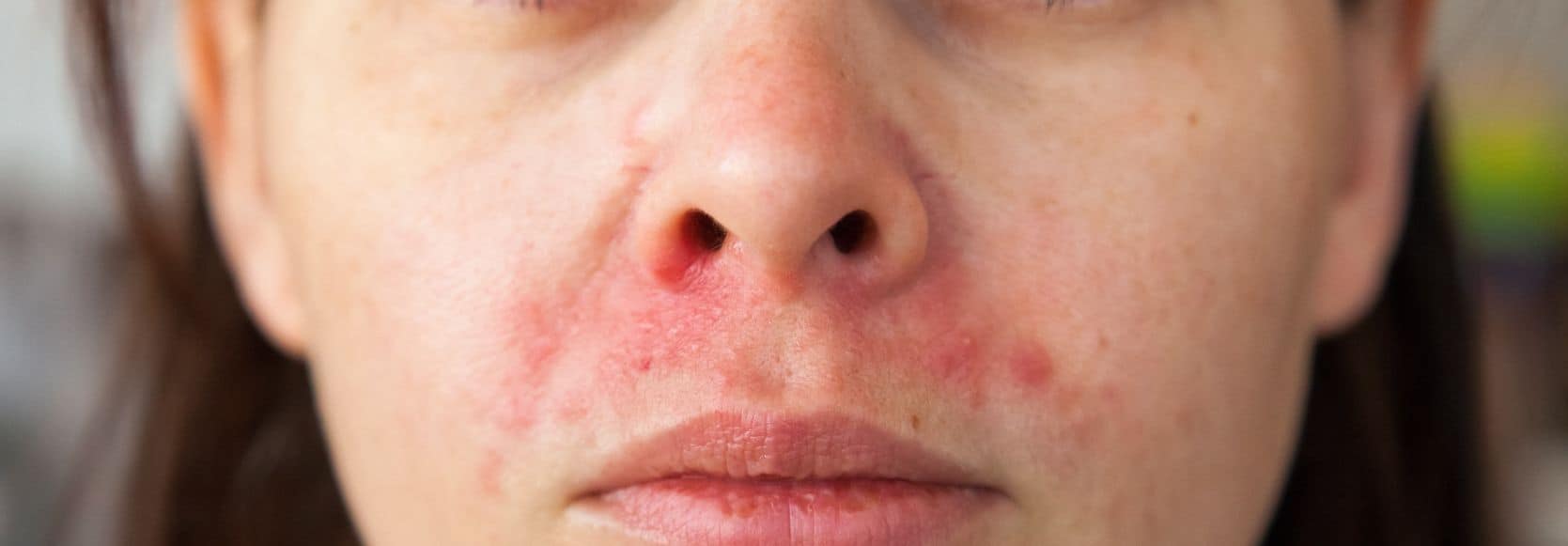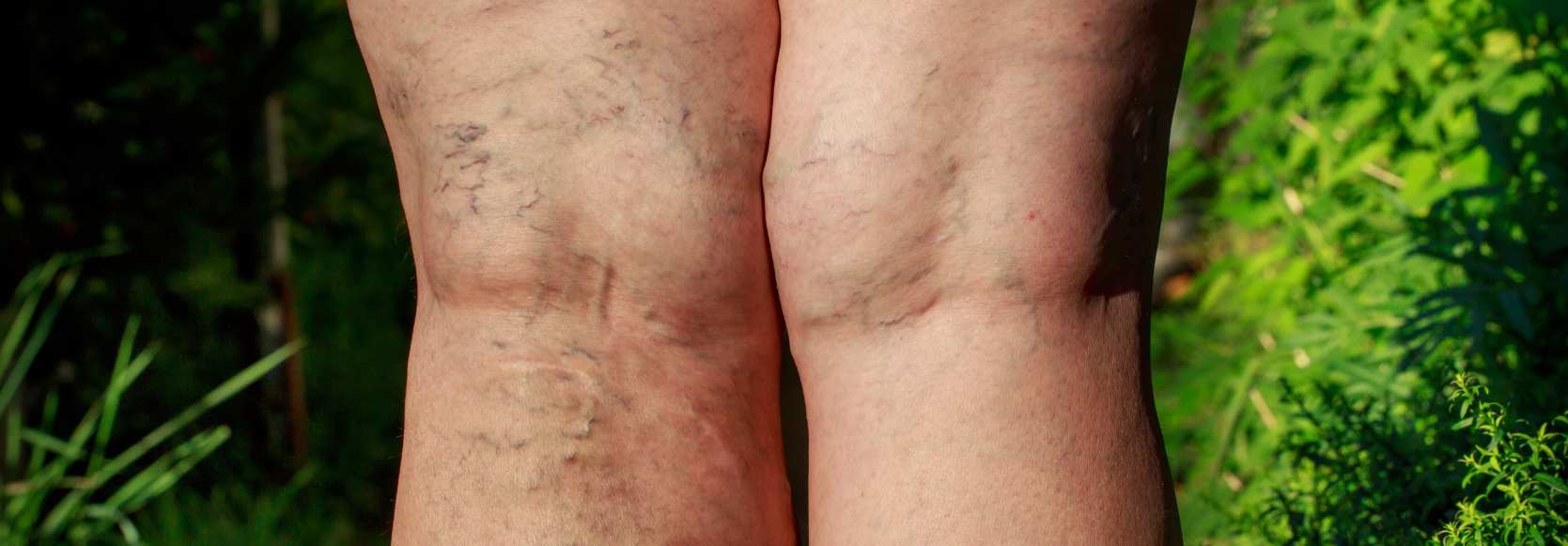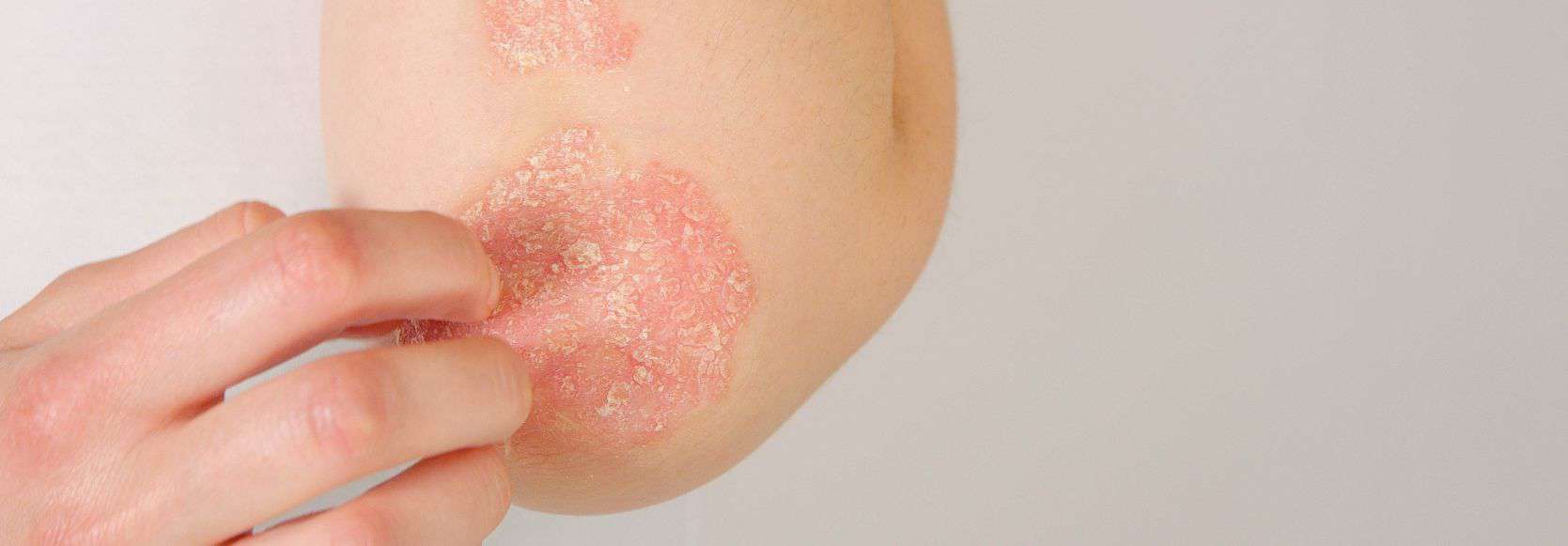October serves as Eczema Awareness Month. For those of you dealing with eczema, you’ll know the challenge of managing this skin condition all too well. Our commitment throughout October and always, is to enlighten, support and empower you by sharing invaluable insights about its origin, available treatments and practical coping strategies. In this all-encompassing guide, we’ll explore all facets of eczema – from identifying its different forms to exploring effective treatment options. Our goal is to equip you with knowledge and tools that enhance your quality of life, whether you’re newly diagnosed or have been facing eczema for years.
What Exactly is Eczema?
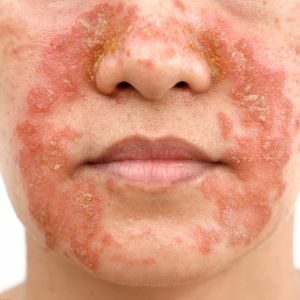
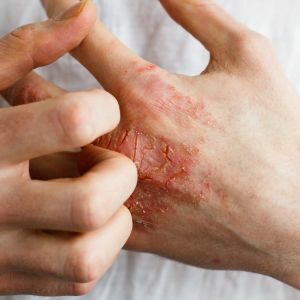
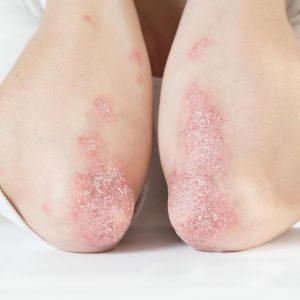
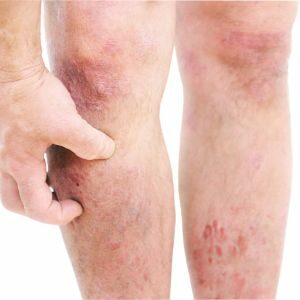
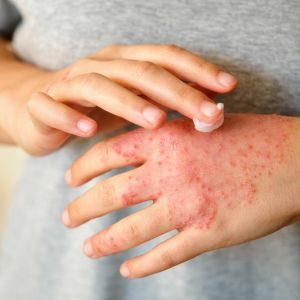
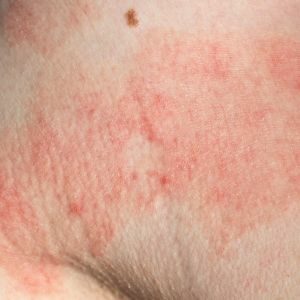
Eczema: Decoding the Causes
Understanding Eczema and Dermatitis Types
Atopic Dermatitis
Seborrheic Dermatitis
This type targets oily areas like the scalp and face, causing flaky and yellowish scales (commonly known as dandruff). Factors such as hormonal imbalances or yeast on the skin can contribute to its symptoms.
Contact Dermatitis
Dyshidrotic Eczema
Identifying the Symptoms
Eczema symptoms can significantly differ not only across individuals but also in severity. Typical symptoms include dry, sensitive skin, red or inflamed patches and intense itching. Some may experience weeping or crusted lesions, while others might develop thick, leathery skin from excessive scratching.
Recognising these symptoms early can lead to better management. Bear in mind that symptoms can evolve over time, so observing how your skin responds to different factors is invaluable. This information will be highly beneficial when consulting your dermatologist.
If eczema is suspected, it’s crucial to consult a healthcare professional for a precise diagnosis. They can distinguish between different types of dermatitis and recommend suitable treatments. An early diagnosis can prevent severe complications and enhance life quality.
Navigating Eczema Treatment
The focus of eczema treatment is to alleviate symptoms and prevent future flare-ups. While there’s no known cure, various methods can help manage the condition. Topical treatments such as corticosteroids, which reduce inflammation and moisturisers that sustain the skin’s barrier functions, are usually the first line of defence.
In more severe cases, systemic treatments like oral medications could be an option. These therapies aim to manage the underlying inflammatory response. Phototherapy, exposing the skin to ultraviolet light, may also benefit some individuals.
Preventative Measures and Long-Term Eczema Care
Eczema: Is it Contagious?
Eczema Treatments In Manchester at Everything Skin Dermatology Clinic
Eczema Awareness Month is a prime opportunity to enhance your understanding of this condition and show support for those affected. Being familiar with its causes, types and treatment options can empower you to take charge of your skin health. Remember, professional guidance can make a significant difference.
Begin your journey to managing eczema – book a consultation today for bespoke advice and treatment options.

